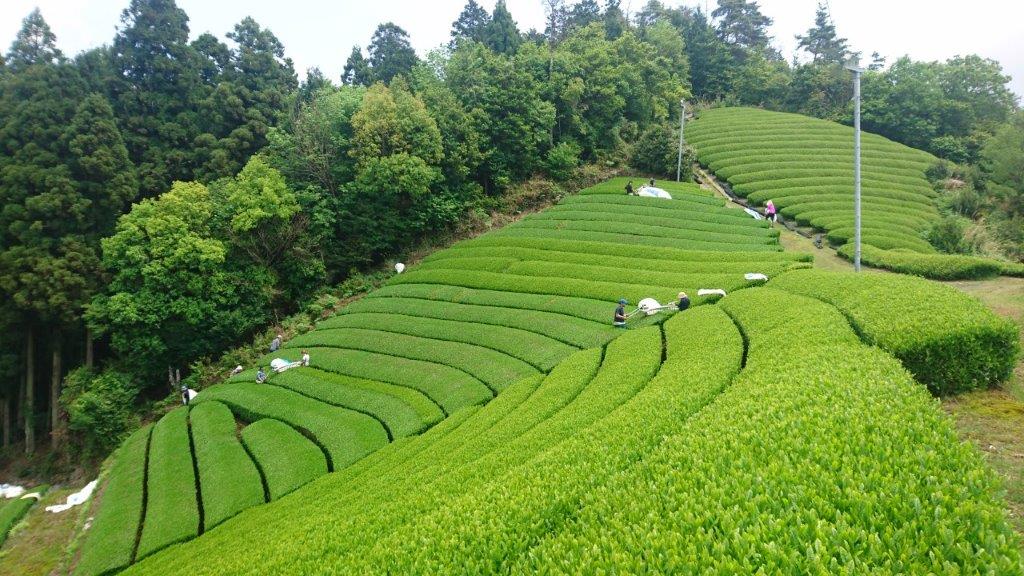When importing organic food, it is important to understand that each country has their own regulations governing the use the term "organic" in the sale of food products. There are, however, many similarities, and this article attempts to give you a basic understanding of what is necessary. NOTE THAT WE ARE NOT EXPERTS IN CUSTOMS REGULATIONS SO USE THIS ONLY AS A STARTING POINT.
First of all, most countries consider a food product "organic" if it abides by the country's regulations governing the production, packaging, storage, and sale of organic food products. As part of these regulations, an organic food product must be certified by a certification organization. In general, you do not get a product approved to be organic by the government, rather it is certified by that private or non-governmental organization. Production methods, documentation processes, and records must be submitted, and the final, packaged product is registered. Records of each production are kept and inspected yearly.
And this certification applies specifically to a country, as the rules apply only to that country. In Japan, these rules are called the Japan Agricultural Standard or JAS for short. JAS certified organic means that the product can be sold as an organic product within Japan with a JAS logo. It has no legal meaning in other countries unless that country accepts the JAS logo / certification.
Equivalency agreements
However, Japan does have equivalency agreements with other countries including USA, Canada, and the EU. This means that a seller in those countries may import a product that has JAS certification and sell it as organic under the organic standards of their own country. For these three countries, each shipment needs be accompanied by a certificate issued by the producer's certification organization, and that certificate usually costs between $20-$100 to issue depending on the organization. At the border, the certificate will be inspected and in some cases countersigned by customs officials, becoming a record for the importer showing that the shipment is certified organic.
In each country, you will need to research what the rules are then for selling organic products. Some countries such as those in the EU will also require the importer to be registered with the government or certified by a 3rd party organization. Each shipment to EU that contains organic food for resale must be registered with the TRACES system by the certification organization.
What if I am drop shipping individual units directly to customers?
We currently only offer drop shipping on a case by case basis, and it is subject to the same requirements as wholesale shipments (3-4 week lead time to shipment, etc.)
In drop shipping a product from Yunomi to your customer, you are selling the product to the customer, but the customer, as the recipient of the package, is the importer....the sale occurred before the importation of the product. Your customer may be responsible for various fees and documentation requirements. However, you may also be considered the "importer of record" and subject to certain regulations.
I have not seen any regulations that addresses this specific case for the USA or EU. In each country, we suggest talking to your country's customs office to discover if there are any procedures that apply. However, in the USA, Canada, or EU, where a certificate specific to the shipment is needed to sell the product as organic, this might mean that you would not be complying with regulations if you sell a product as organic and have it drop shipped to your customer.
Again, please consult your local custom's office or the governing body that enforces the sale of organic food in your country.


